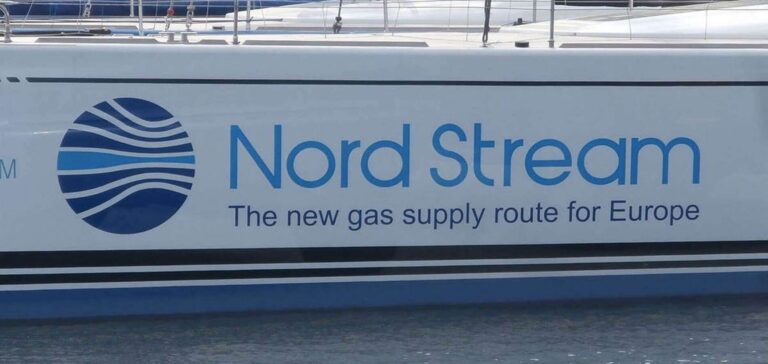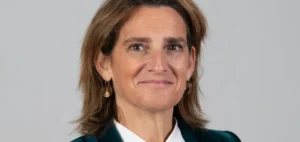In Germany, a foundation is supported by a Land and the Gazprom company.
Its aim is to avoid US sanctions against Nord Stream 2.
Gazprom invests in German foundation.
In Germany, Prime Minister Manuela Schwesig of Mecklenburg-Western Pomerania has set up a foundation for 2021.
The foundation’s declared aim is to protect the climate and the environment.
It aims to strengthen renewable energies and gas as a technology for the transition to clean fuels. Nord Stream 2 participates in projects that benefit the population.
The pipeline finances the planting of a free tree for each kindergarten and offers a €500 bonus.
It also raises awareness of climate issues and awards school scholarships.
The state government is providing €200,000 in funding for the foundation.
A further €20 million comes from a Swiss-based company owned by Gazprom.
A further €2 million is provided each year by Nord Stream 2.
In addition, all commercial profits will be donated to the foundation.
A context of sanctions.
The creation comes at a time when Washington has been imposing sanctions, since 2019, on people linked to the gas pipeline project.
According to the United States, this infrastructure will enable Russia to bypassUkraine in the event of conflict.
Deliveries traditionally transit via Ukraine.
According to Washington, Nord Stream 2 will weaken Ukraine.
Berlin, on the other hand, sees it solely as a commercial project aimed at diversifying energy supplies to Europe.
According to Moscow, the project is commercial, not political, and will lower gas prices on the continent.
The Kremlin denounces the sanctions, claiming that they serve the interests of its competitors.
The German Chancellery believes that Washington wants to sell more gas to Germany.
However, the pipeline was completed in December 2021.
German political support.
The Prime Minister of Mecklenburg-Western Pomerania calls for federal support.
Chancellor Olaf Scholz sees US sanctions as interference in German decision-making.
Gerhard Schröder has headed the Nord Stream 2 shareholders’ committee since 2005.
The former Chancellor also sits on Rosneft’s Board of Directors.
And since February 2022, he has been a member of Gazprom’s Board of Directors.
Germany’s Social Democratic Party (SPD) has traditionally favored closer ties with Russia.
Russian natural gas accounts for half of Germany’s gas requirements.
It will also account for over 15% of the country’s electricity production by 2021.
It is essential for manufacturing industries such as ceramics.
A desire to appease.
Washington does not wish to sanction the owner of the Blue Ship, which laid the Nord Stream 2 pipelines.
To ease tensions with Germany, the Biden administration has lifted some of the sanctions imposed by the Trump administration.
On a regional level, the construction of the pipeline employs a large number of workers.
In the future, the Baltic’s wind power capacity could be used to produce green hydrogen.
Nord Stream 2 would then become the logistical support for these exports, despite protests from German environmentalists.
Finally, according to the foundation’s president, the Ukrainian crisis is a pretext for those opposed to the Nord Stream 2 pipeline.





















